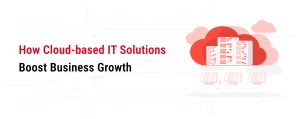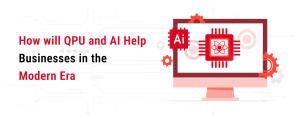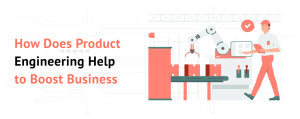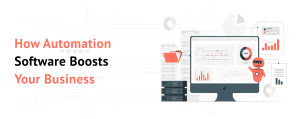Success in the hectic and cutthroat restaurant business depends on consistency and efficiency. Food Management Software Solutions for controlling food inventories and customer service have become indispensable due to the increasing complexity of restaurant management. These software programs provide a thorough method for optimising business processes, raising client satisfaction levels, and eventually increasing revenue. Here’s how adding food management software to your restaurant can improve it.
Streamlined Inventory Management
Inventory control is one of the most important parts of operating a restaurant. With the help of real-time ingredient tracking offered by food management software, you can precisely track your stock levels. This means that by understanding when to place new orders, you may avoid shortages and cut down on waste by not overstocking. Predictive analytics is another feature of many software programs that can estimate demand based on historical data, which can improve planning and cut expenses.
Improved Order Accuracy and Speed
Accuracy and speed of service have a big impact on user satisfaction. Your point of sale (POS) system can be integrated with food management software to guarantee speedy and precise order processing. Human error is considerably decreased when orders are taken digitally and sent straight to the kitchen. This improves client satisfaction and raises table turnover, which enables you to serve more patrons and generate more income.
Enhanced Menu Management
Managing a menu may be difficult, particularly when there are specials, seasonal goods, and fluctuating ingredient prices. Without the need for printed materials, food management software makes it simple to test new dishes, update your menu, and change prices. Additionally, the software can determine which menu items are the most lucrative or well-liked, assisting you in making data-driven choices on what to retain, market, or eliminate from your menu.
Optimised Labor Management
It can take a lot of effort and complexity to manage staff schedules, track hours, and make sure labour expenditures stay under budget. By automating scheduling, monitoring employee performance, and even projecting labour requirements based on previous sales data, food management software streamlines labour management. By doing this, you can prevent overstaffing during slower periods and guarantee that you have the appropriate number of employees available during peak hours. Enhancing labour management can save expenses and boost productivity.
Enhanced Customer Relationship Management (CRM)
Recurring business depends on knowing your clients and developing trusting connections with them. CRM capabilities that let you keep track of client preferences, order history, and feedback are frequently included in food management software. Personalised marketing campaigns, loyalty plans, and exclusive deals that appeal to your target audience can be made with this data. Enhancing client loyalty and encouraging repeat business can be achieved through tailored customer engagement.
Detailed Reporting and Analytics
When it comes to making wise business decisions, data is a valuable resource. Comprehensive reporting and analytics on a range of restaurant-related topics, including sales trends and inventory use, are available through food management software. You can use these insights to pinpoint areas that require improvement, places for growth, and successful tactics. You may improve the performance of your restaurant by taking proactive decisions with access to real-time data.
Enhanced Compliance and Food Safety
The restaurant business does not compromise on adhering to food safety regulations. Food handling processes are carefully documented, expiration dates are tracked, and allergen information is managed with the aid of food management software, which helps you uphold high standards. This guarantees your business complies with local and federal requirements while lowering the danger of illnesses caused by food.
Reduced Costs and Increased Profitability
Food management software can result in significant cost savings by optimising labour, cutting waste, and streamlining operations. Together with improved productivity and client happiness, these savings help to boost profitability. Making data-driven decisions also enables you to continuously improve company operations, guaranteeing long-term success and growth.
Conclusion
Any restaurant hoping to maintain profitability and competitiveness would be wise to invest in food management software. You may increase client satisfaction, efficiency, and bottom line by automating and optimising several parts of your business. In a sector where profit margins are frequently narrow, having the appropriate software solution is essential to long-term success.





